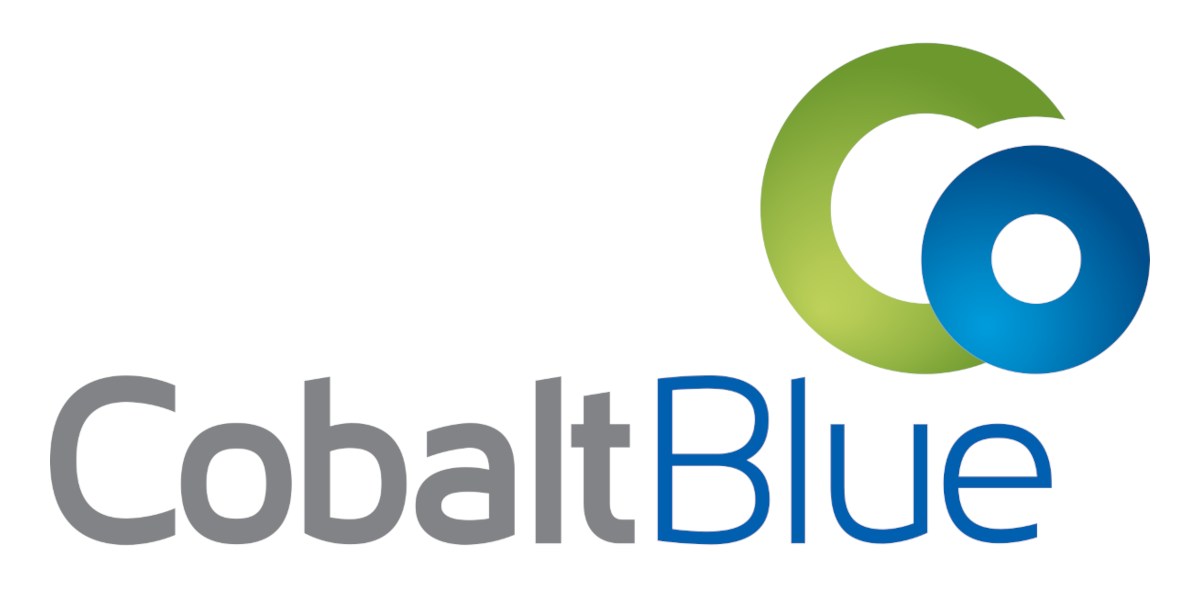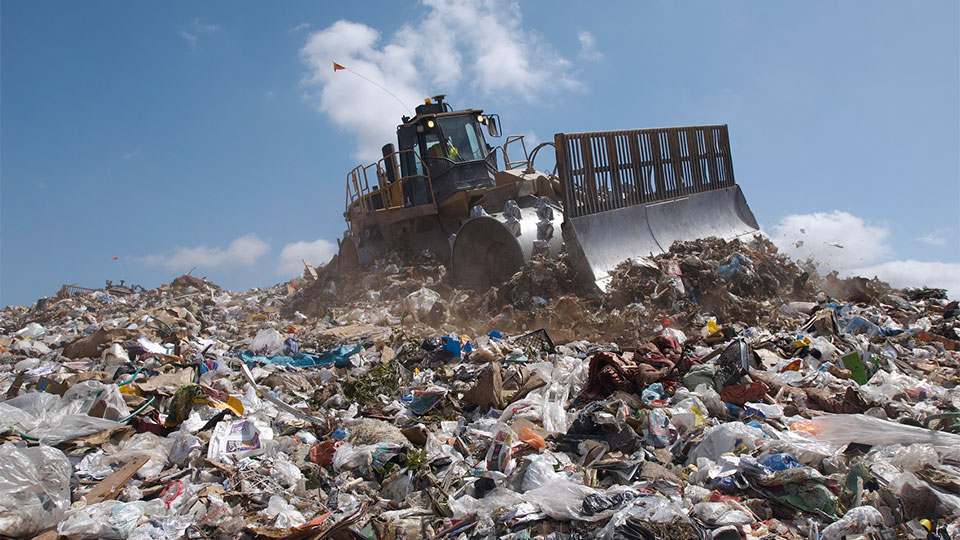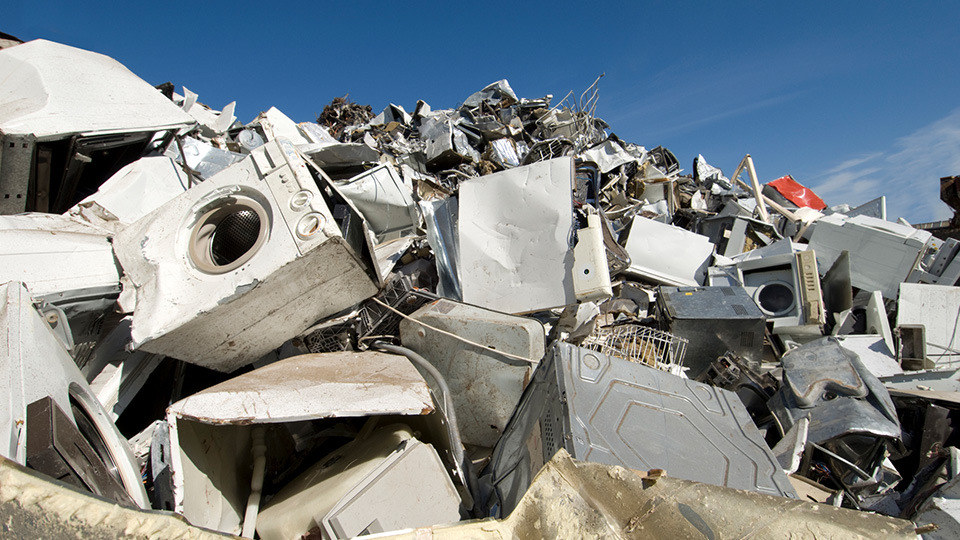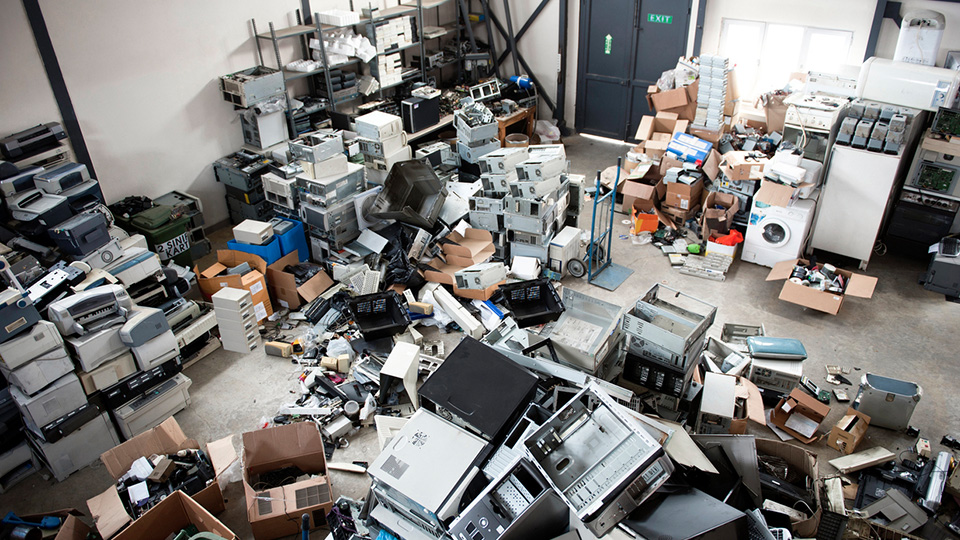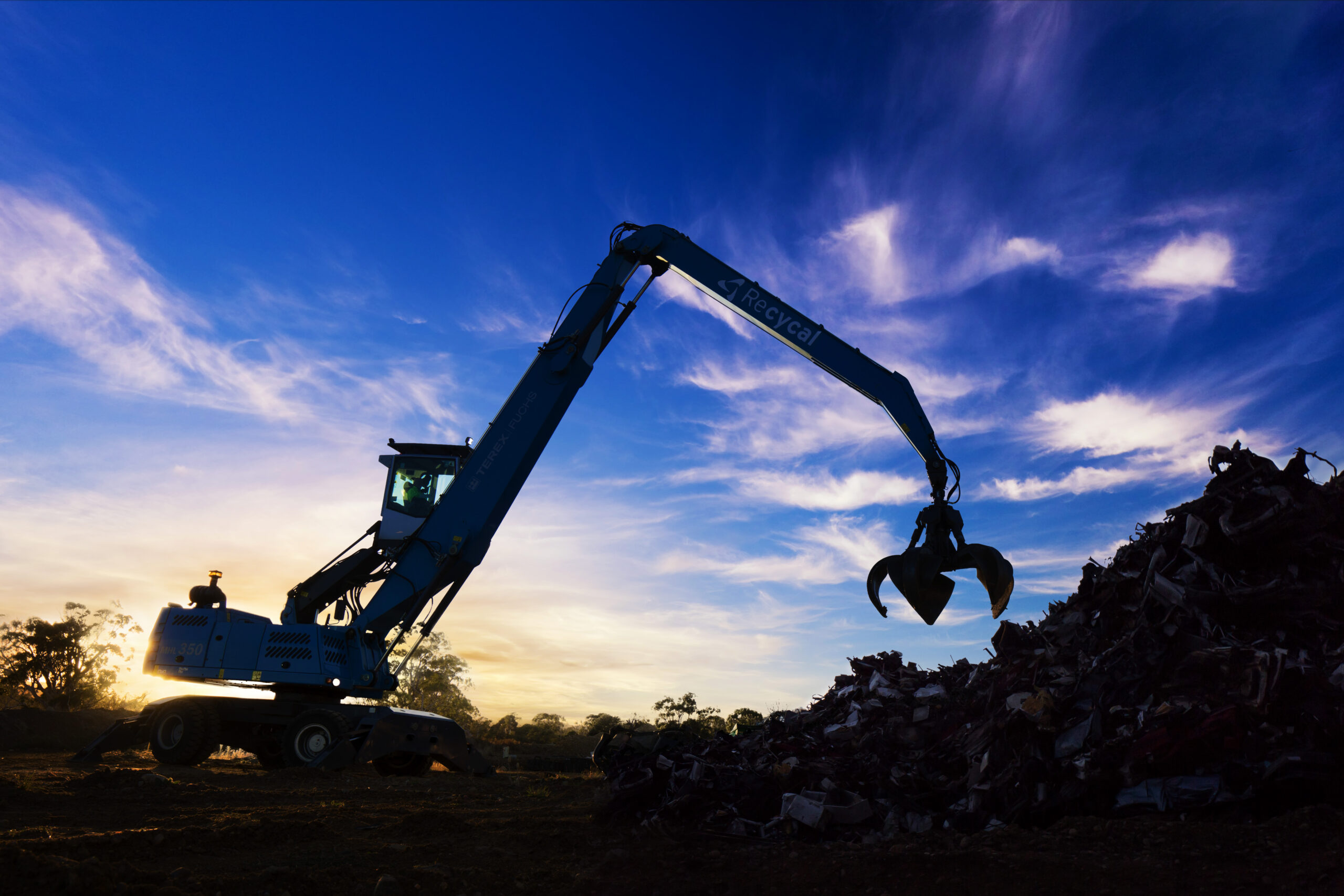Mercury that accumulates in landfill can be extremely damaging – it converts to toxic methylmercury and extends to the wider environment through air, water and soil.
And one of the biggest culprits of contributing mercury to landfill is fluorescent lighting.
Even though the mercury within a single fluorescent tube is minimal and unlikely to cause mercury poisoning, it’s the accumulation of these tubes in landfill that is most damaging.
About 90-95% of mercury-containing lighting waste is sent to landfill, according to the Lighting Council of Australia. Fluorescent (fluoro) tubes and compact fluorescent lamps (CFLs) are the largest single category of consumer products that contain mercury, and their disposal contributes to Australia’s total annual emissions of mercury.
That’s why recycling initiatives are so important, to reduce the amount of mercury-containing lighting from entering the environment.
National recycling program FluoroCycle is a voluntary product stewardship scheme that seeks to increase the recycling rate of mercury-containing lighting and lamp waste.
Ecocycle also safely and responsibly recovers mercury from lighting. As Australasia’s most experienced mercury recovery and recycling company, Ecocycle is the only company fully licensed by the Environmental Protection Agencies in each Australian state to handle the entire process of recycling mercury-containing waste.
Both FluoroCycle and Ecocycle are making positive impacts on the environment by recycling mercury-containing lighting and keeping harmful chemicals out of landfill.
This is how each organisation recycles mercury-containing lighting:
FluoroCycle
FluoroCycle targets both commercial users and facilitators to encourage recycling of lighting.
Commercial users include universities and banks, government departments, manufacturing companies and any organisation that needs to dispose fluorescent light tubes. Facilitators promote the recycling of fluorescent tubes and globes to their clients and networks – think of them as advocates for the FlouroCycle scheme.
Commercial users get recognition for being a ‘certified FluoroCycle partner’ and get to use the FluoroCycle logo in conjunction with their business.
Ecocycle
As Australia’s largest lighting and mercury recycler, Ecocycle gives businesses the confidence and assurance that your lighting recycling is in good hands.
Ecocycle provides an easy and comprehensive service for the collection and recycling of lamps, fluorescent tubes and light globes.
One of the benefits of choosing Ecocycle to recycle your lighting waste is that we don’t only recover the mercury. Fluorescent tubes and lamps also contain glass, aluminium and other metals which are recycled into new products, helping to reduce Australia’s overall lighting waste.
Ecocycle can tailor lighting waste collection programs to your organisation’s needs and our team of recycling specialists will work with you to develop the best lamp disposal solution for your business.
We offer large and small stillages, boxes of various sizes and wheely bins to collect old light globes and lamps. We also have pre-paid collection boxes, which are ideal for smaller quantities of lighting waste.
Ecocycle will also accept your old ballasts, lighting frames that hold the globes or tubes, and old wiring.
Need to recycle your lighting?
As a nation, we should be aiming for a higher rate of recycling mercury-containing lighting and fluorescent lamps. Wouldn’t you like to boost your organisations’ reputation for being environmentally responsible?
To find out how easy it is to recycle fluorescent tubes just fill in the form below or call us on 1300 32 62 92. One of our lighting waste specialists will help your organisation get on track to safely and responsibly recycle your lighting waste.

